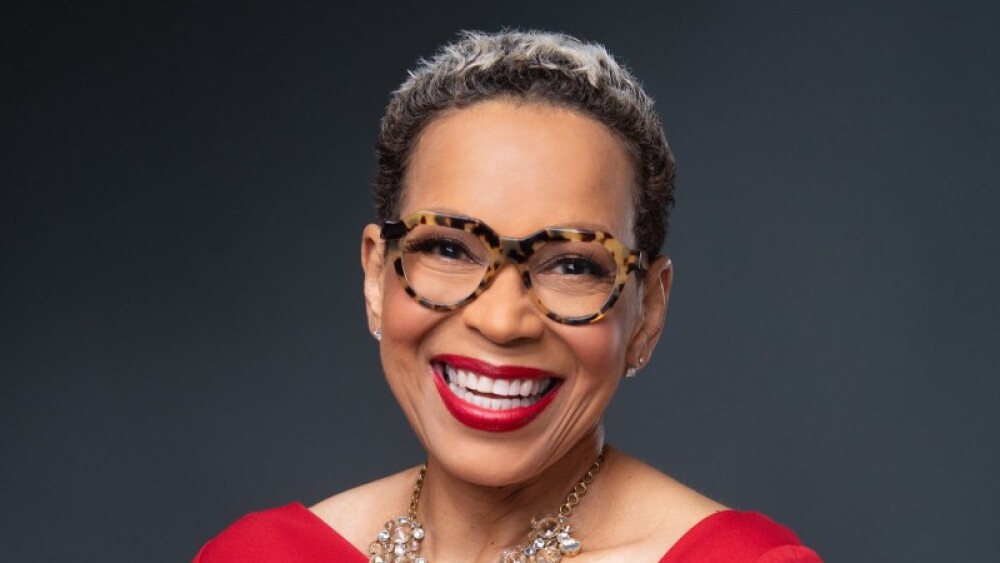How we use words is important. Words can describe both racial inequities and the efforts to remedy them. As the real estate industry continues the work to dismantle systemic racism, it’s critical to be intentional about language.
To highlight the importance and complexity of words used regularly in our industry, and to demonstrate their applicability for real estate practitioners, ULI has developed a new resource, Racial Equity Terms for Real Estate Leaders.
The interactive glossary provides widely accepted definitions for 14 essential terms, from antiracism to underserved, and provides real estate-focused quotes and examples for each. Graphics help define some terms, and there is a short list of suggested further reading. Because language shifts over time, the resource was designed to be a living document that can be expanded and updated as new concepts and case studies emerge.
The glossary can be used by all real estate professionals—executives, administrative staff, and anyone else—to help us be more intentional in how we talk about race, and to deepen our understanding of how to take action on key ideas and concepts.
Developing and sharing the glossary
I chaired the process to develop the glossary, which was created by ULI members and for ULI members and informed by a member workshop in October 2023. I encourage every ULI member to read and interact with it.
Also, please join me at a concurrent session exploring the importance of language during ULI’s Spring Meeting in New York. The session, Decoding Racial Equity: Understanding Key Terms and How They Apply to Your Real Estate Practice, will be held on Wednesday, April 10, 4–5pm EDT. Panelists will include Charu Singh, research fellow, Harvard University; Alan Razak, principal and cofounder, AR Spruce; Tanya Mitchell, director of employee relations, Massachusetts Executive Office of Energy & Environmental Affairs; and Joe Ritchie, managing director, business development and Diversity, Equity and Inclusion for Tishman Speyer.
The Importance of intentional language
The glossary is an outgrowth of work done for ULI’s 2022 report 10 Principles for Embedding Racial Equity in Real Estate Development. Principle 7 calls upon real estate leaders to “Recognize the power of language” as a critical component in the fight for equality:
Language matters, and by using terms in a thoughtful, inclusive, and actionable way, real estate professionals can more accurately talk about and more effectively work toward a vision of racial equity. This report does not develop a shared language or framework for racial equity, but it does highlight the need for a common understanding of racial equity, particularly as it applies to real estate. Although creating such a shared language and framework will likely take an industry-wide effort, individual practitioners can seek to accomplish this on a smaller scale, including within their companies and their projects.
As ULI members crafted the 10 Principles report, it became clear that certain essential terms, such as equitable development and privilege, were understood by different people in different ways. These discussions laid the groundwork for further discussion and what eventually became the Racial Equity Terms for Real Estate Leaders resource.
The need for progress
I have been encouraged by recent efforts and progress toward equity in commercial real estate. Many events now make a point to be more inclusive, there has been an increase in programs meant to help diverse developers and owner/operators/investors gain access to capital, and there are more efforts to bring more people of color into the field and retain them. Still, there’s a long way to go.
Commercial real estate is stronger when we acknowledge, talk about, and work to solve the racial inequities in, and caused by, our industry. To do so, we need to be honest and clear about the challenges we face and our aspirations for a better, more just, and more equitable world. That clarity starts with having a more complete and deeper understanding of the language we use.






